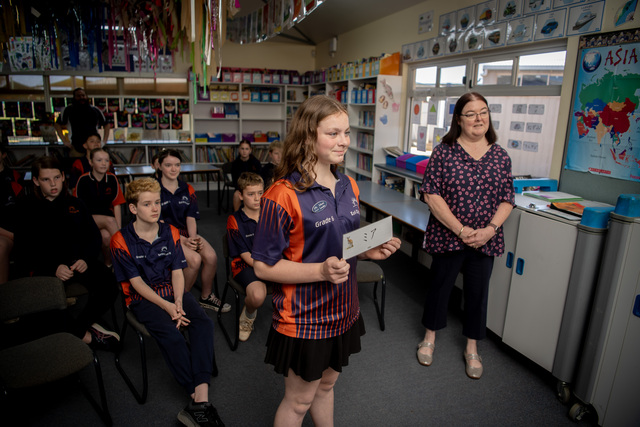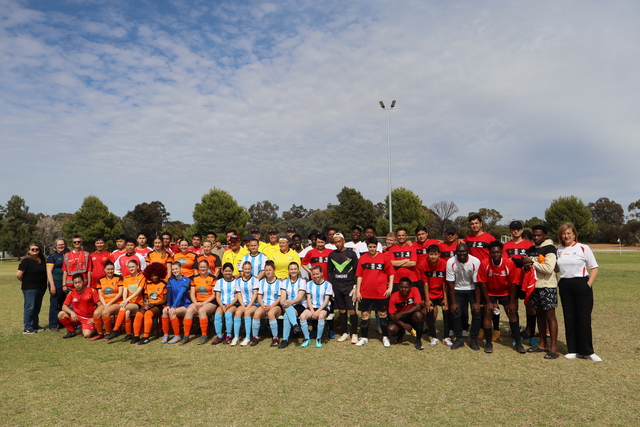TWO members of my family are anti-vaxxers.
It’s strange to put a label on them, I’d never done that before this year, so let me instead say they have so far chosen not to be vaccinated against COVID-19.
They are married and both school teachers, so are currently not working due to their non-vaccinated status, putting in jeopardy their mortgage and their family’s financial future.
Crazy right?
Well, to me it is, but is it for me to say? And how do you approach that conversation without causing an irreparable rift with people you deeply care about?
These are the questions facing a number of families and friends right now as the divide between the vaxxed and unvaxxed in our society deepens.
You see, if my two family members are so firm in their views against vaccination that they are willing to potentially throw away successful careers, then it stands to reason that their minds aren’t going to be easily changed.
Let’s face it, arguing with someone who is unwilling to be convinced is often futile.
An article in The Age recently stated that people aren’t neutral absorbers of information. Instead, we tend to hunt for information that supports our view, and ignore information that does not. It’s called confirmation bias.
The article, which quoted behavioural scientist Professor Julie Leask, said that even if a person’s strongly held belief is met with strong argument against that belief, it’s more likely that the person will dig in their heels.
Her advice: don’t engage.
“If the relationship with this person isn’t important to you, or their emphatic pronouncements are unlikely to do harm, then little is gained by engaging. People with fixed beliefs don’t budge much,” she writes.
But what if that relationship is too important to lose, as is the case with my family members?
Research suggests when approaching anti-vaccination conversations to use an empathetic approach to understand their perspective. Look for the motivations behind their beliefs, while at the same time avoiding ridicule, something that is difficult for an opinionated journalist like myself.
I have since had a number of chats to my family members and listened to their points of view, even if I disagreed with most of them.
Parts of the phone calls were difficult, but ultimately worthwhile, as it matters that people are still there for them right now. They said they currently feel lonely, ostracised and vulnerable.
They have disengaged from friendship groups to avoid judgment they say is “always there”.
And they are now engaging almost solely with their own “community” of like-minded people.
To me, it’s akin to a church where beliefs become absolute in people’s minds if they only listen to the same sermons over and over. I asked them if it was healthy to shut out all alternate views and voices on the subject.
I don’t think much of what I said penetrated, so where it sits now with these two family members is that we have agreed to disagree on the subject of vaccinations, and we’ve tried to move on from there.
Our last few conversations have been about anything but getting or not getting the jab, just as it used to be.
Am I upset at the stance they have taken? Yes.
Do I find their arguments flawed? Yes.
But do I hope they are okay? Do I want them to get back to doing the job they love? Do I want to see them at Christmas?
Absolutely.







